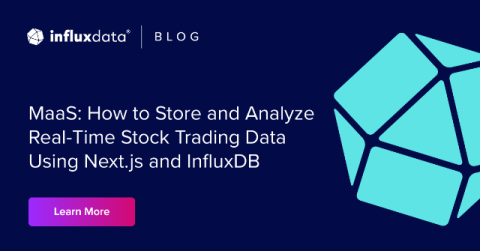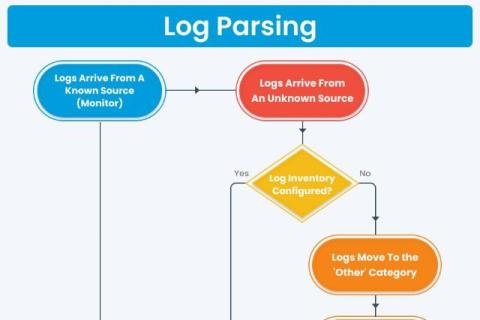Proactive vs. Reactive Change Management: A Full Comparison
Organizational change is inevitable. Companies must adapt to survive and thrive, and Change Management plays a crucial role in this adaptation process. There are two primary approaches to managing change: Proactive Change Management and Reactive Change Management. While both aim to help organizations navigate transitions, they differ significantly in their strategies, implementations, and outcomes.











